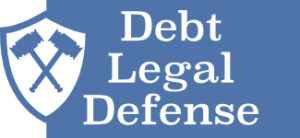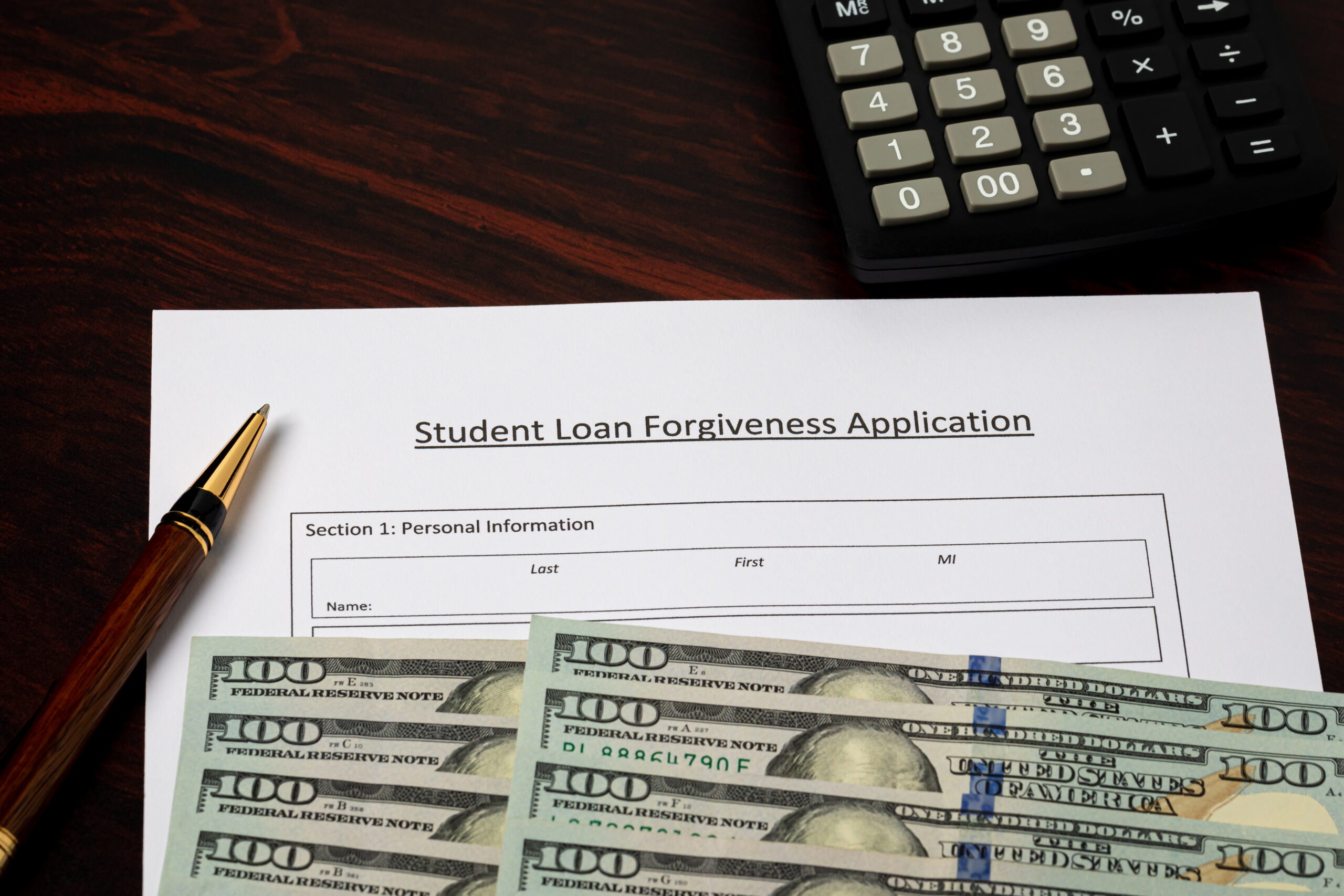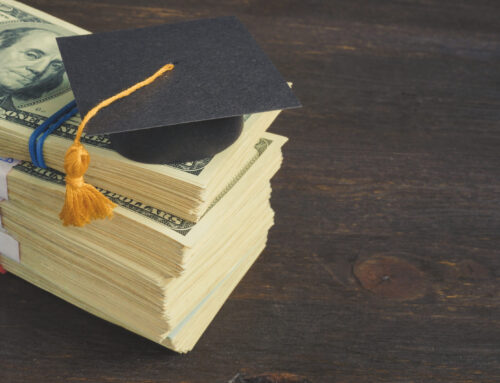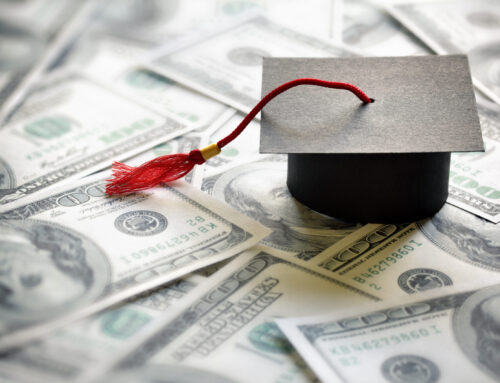Private student loans have their pros and cons, but one of the biggest drawbacks is that they aren’t eligible for forgiveness, unlike student loans from the government. If you’re concerned about getting trapped in debt if your student loans are not forgiven, it’s important to understand exactly how private student loans work before signing on the dotted line. Read on to learn more about whether or not your private student loans will be forgiven.
What Are Private Student Loans?
Private student loans are loans that are not backed by the federal government. This means that they typically have higher interest rates and may not offer certain benefits, such as income-driven repayment plans or loan forgiveness programs. The majority of students rely on federal loans to finance their education, but some students also need to take out private student loans to cover a gap in funding.
The Difference Between Private And Federal Student Loans
Most people are familiar with federal student loans, which are provided by the government. These have many benefits, such as lower interest rates and the option for income-based repayment plans. However, federal student loans may not cover the full cost of your education. This is where private student loans come in. Private student loans are offered by banks and other financial institutions and typically have higher interest rates than federal loans. They also often lack the same repayment options and protections that federal loans offer.
Private Student Loan Repayment Options
If you’re struggling to repay your private student loans, you may be wondering if there’s any hope for loan forgiveness. The good news is that there are a few repayment options available that could help ease the burden of your monthly payments like student loan debt settlement, student loan refinancing, and loan payment assistance programs.
How Does Student Loan Debt Settlement Work?
If you have defaulted on your student loan debt, you may have the option to settle with your lender, depending on the company. When you settle your student loan debt, you and your lender agree on a new, lower balance that you’ll pay off. You usually have to make a lump-sum payment, monthly payments, or both to get to this new balance.
Loan Payment Assistance Programs
Some states have programs that reward loan repayment assistance to borrowers working in certain professions like lawyers and medical professionals. Eligibility for repayment assistance will vary based on your state and profession.
Refinancing Private Student Loans
If you’re struggling to make payments on your private student loans, refinancing may be a good option for you. By refinancing, you can get a lower interest rate and monthly payment. You may also be able to extend the term of your loan, which can make your payments more manageable. If you’re considering refinancing, make sure to compare offers from multiple lenders to find the best deal.
How Can A Student Loan Lawyer Help Me?
A student loan debt lawyer like the ones at Debt Legal Defense can help borrowers in many ways. They can help you with the process of consolidating your loans, which can make it easier to keep track of your payments and may lower your monthly payments. They can also help you with the process of deferring or forbearing your loans, which can temporarily lower or suspend your payments.
Need Help With Private Student Loans?
If you’re struggling to make payments on your student loan, have defaulted, or gone into forbearance, Debt Legal Defense can help. Contact the student loan debt lawyers of Debt Legal Defense today at 210-468-1008 to set up a consultation or request an appointment online.






